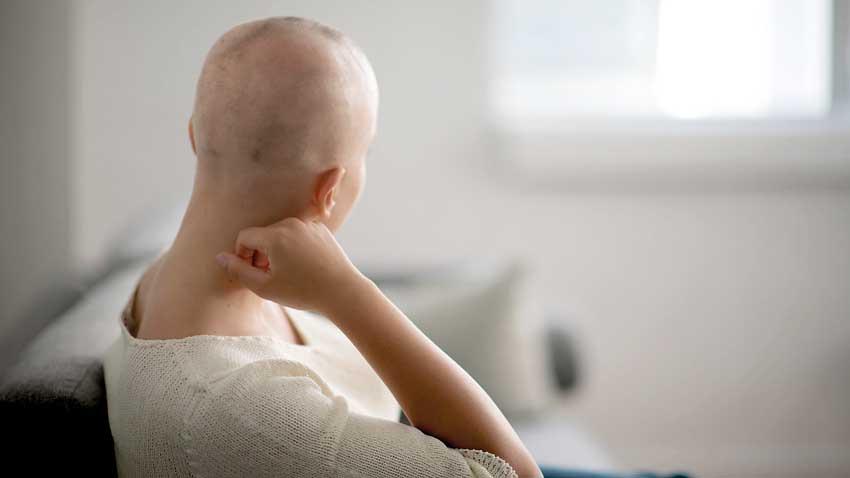12 Mar 2021 - {{hitsCtrl.values.hits}}

Cancer patients are much less protected against Covid-19 than other people after one dose of the Pfizer vaccine, the first real-world study in this area suggests.
With a 12-week wait for the second dose this could leave them vulnerable, says the King’s College London and Francis Crick Institute research team. An early second dose boosted cancer patients’ immune response.
But Cancer Research UK said the study had not yet been reviewed by other scientists and people undergoing cancer treatment should continue to follow the advice of their doctors. About 1.2 million people at very high risk of being seriously ill with Covid-19 were prioritised for a first vaccine dose in the first phase of the UK rollout, which includes people with specific cancers.
Dr Sheeba Irshad, oncologist and senior study author from King’s College London, said the findings were “really worrying” and recommended an urgent review of the plan for vaccinating people in clinically extremely vulnerable groups.
“Until then, it is important that cancer patients continue to observe all public health measures in place such as social distancing and shielding when attending hospitals, even after vaccination,” she said.
The study, which recruited 205 people, included 151 with solid cancers, such as lung, breast and bowel, or blood cancers.
Three weeks after one dose, it found:
39% of people with solid cancers were protected
13% of people with blood cancer were protected
97% of people with no cancer were protected
Following a second dose three weeks after the first, which some cancer patients received, there was a sharp rise in their immune response against the coronavirus, to 95%.
But among those who had to wait longer for their second dose, there was no real improvement in protection.
Five weeks after the first dose:
43% of people with solid cancers were protected
8% of people with blood cancer were protected
100% of people with no cancer were protected
The researchers tested volunteers for antibodies and T-cells in their blood, which signals that the immune system can defend against illness from the virus in the future.
Dr Irshad also said leaving people unprotected for many weeks could give new variants the space to emerge and allow the virus to spread among family members caring for patients.
People with compromised immune systems were not included in clinical trials of the vaccine, which found it was 95% effective in healthy people, although previous studies suggested it may not work as well in this group.
Source : BBC
21 Dec 2024 59 minute ago
21 Dec 2024 3 hours ago
21 Dec 2024 5 hours ago
21 Dec 2024 5 hours ago
21 Dec 2024 6 hours ago